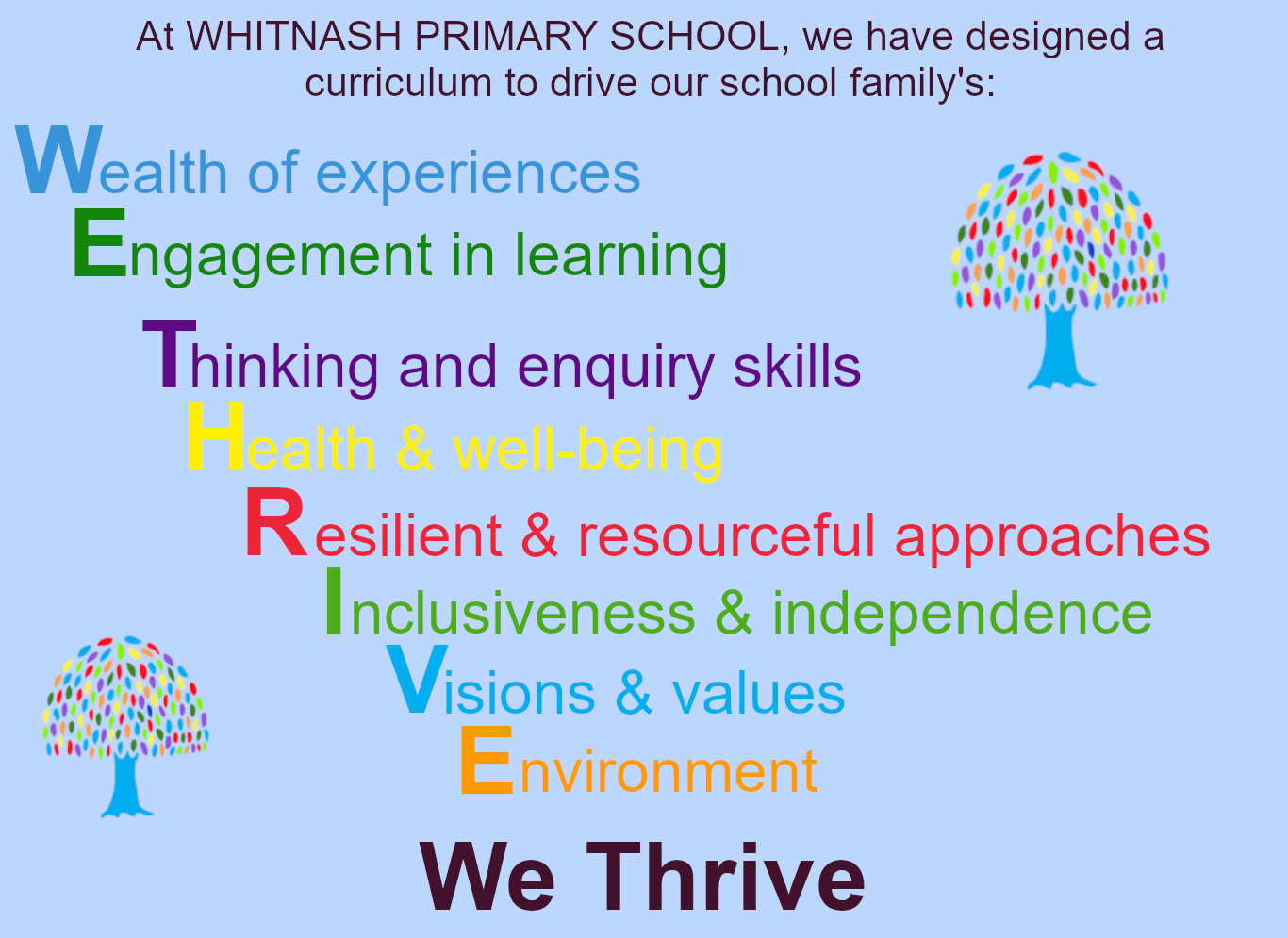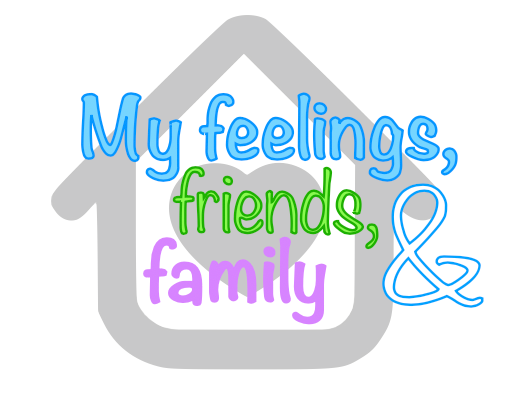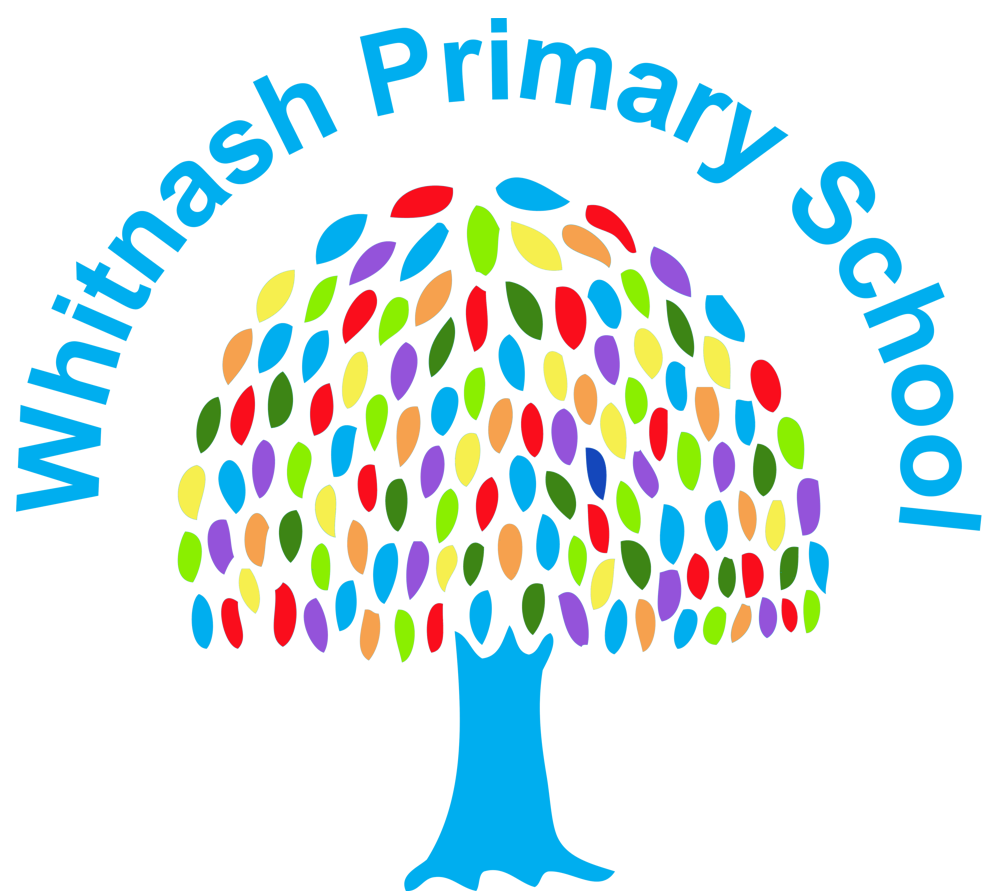SRE
Sex + Relationship Education
SRE
Sex + Relationship Education


All primary schools now have a legal responsibility to provide Relationship Education and Health Education from September 2020. All pupils will receive lessons designed to equip your child with knowledge to make informed decisions about their wellbeing, health and relationships. This includes information to help your child stay safe online,
in an ever changing world.
In addition schools have the option to teach age appropriate Sex Education, which is recommended although
not mandatory at primary level.
We recognise that some parents may be uncomfortable with the thought of their children receiving sex education in primary school. However, as a school we believe it is completely natural for children to have questions about reproduction, their bodies and to be curious about where they came from. In the age of information where children in primary school have access to the internet through mobile technology we believe it is better that children receive age appropriate answers from safe adults at home and school than it being left to their peers or the internet.
All primary schools now have a legal responsibility to provide Relationship Education and Health Education from September 2020. All pupils will receive lessons designed to equip your child with knowledge to make informed decisions about their wellbeing, health and relationships. This includes information to help your child stay safe online, in an ever changing world.
In addition schools have the option to teach age appropriate Sex Education, which is recommended although not mandatory at primary level.
We recognise that some parents may be uncomfortable with the thought of their children receiving sex education in primary school. However, as a school we believe it is completely natural for children to have questions about reproduction, their bodies and to be curious about where they came from. In the age of information where children in primary school have access to the internet through mobile technology we believe it is better that children receive age appropriate answers from safe adults at home and school than it being left to their peers or the internet.

At Whitnash Primary, we use the highly regarded resources ‘My Feelings, friends and family’ written by Jonny Hunt. Staff have received training in delivering these materials and are knowledgeable in answering questions appropriately.
Please see below for the details regarding
the teaching content for each year group.
This content is delivered in the second half
of the Summer Term.
In Year 1 we will be delivering a lesson
called: Mummy’s Bump. This is the only
‘Sex education lesson’
in the KS1 programme.
Whilst it is not a core requirement
of the statutory guidance for
Relationship Education,
we believe it is an essential lesson.
This lesson is designed in a specific way
which means that it is pupil-led ensuring
the content is tailored to the class.
The lesson is focused on pregnancy and
covers: where babies live before they are
born; how they feed, and grow; a brief
explanation of how babies are born; and
most importantly a discussion about being
an older brother or sister,
and what it is like having
a new baby in the family.
We believe by answering children’s
questions - which are perfectly natural at
this age, especially considering that they
will likely be exposed to pregnant parent’s
having siblings, or aunts, and family friends
at their age, we can feed their natural
curiosity in safe way.
As a result, rather than the topic becoming
a taboo, something that is shameful,
instead, we can ensure children continue to
come to us for answers that we can answer
age appropriately rather than building
barriers to addressing the topic which
will later have to be overcome.
In Year 3 we will be delivering a lesson
called “Where do I come from”.
This lesson help to support the
requirements for maintained schools to
teach about the main external body parts
and changes to the human body as it
grows from birth to old age as part of the
National Curriculum for science.
It is designed in a specific way which
means that it is pupil-led ensuring the
content is tailored to the class.
This lesson allows children the opportunity
to think about their own families, and how
they themselves were born. We will discuss
the basics of reproduction, pregnancy,
how babies develop and grow in the womb,
and how they are born.
Often this lesson will also answer children’s
questions about caesarian births,
IVF and adoption.
Children will not be shown
any pictures or videos
(cartoon or otherwise)
of people having sex.
This lesson comes at a natural time of
curiosity when many children have
questions as to where they came from.
We believe it is better for children to have
these questions answered by safe adults,
rather than exchanging rumours
on the playground.
In Year 6 we will be delivering
a lesson titled
“Puberty and what I have a learned
about sex.”
As a matter of course we deliver our
primary sessions about puberty
in years 4 and 5.
However, this lesson is an opportunity
children to answer any questions they may
still have, now they are a little bit older and
more likely to be experiencing many of the
physical and emotional changes and
challenges puberty brings.
Equally, it is an idea opportunity
for children to ask questions
and have discussions about sex,
before they go off to high school.
In this session we will review what they know
about puberty, including both the physical
and emotional changes for both boys and
girls; discuss where we learn about sex and
relationships from, (which are safe and
reliable, and which are not), that people
can have different values and beliefs when
it comes to sex, and encourage children to
talk to safe adults if they have questions.
Children will not be shown
any pictures or videos
(cartoon or otherwise)
of people having sex.
Further information
Should a parent decide that they do not
wish their child to take part in this lesson we
would ask that they first speak to their
classroom teacher
to discuss their concerns.
Our teachers will happily show parents all
the teaching material and context of any of
our lessons and explain the reasons why
any material is included in the programme.
If parents do decide to withdraw their child,
they should inform the head who will find
other provision for the child to engage in
during the lesson.
I must also highlight that whilst parents
have the right to withdraw their child from
these lessons, they do not have the right to
prevent other children from receiving these lessons or information. We believe it is
better for children to hear from safe adults
than to hear second hand from their class-
mates at break-time.
We believe that successful teaching around
RSE can only take place when parents and
school work together. Especially,
considering we both want children to grow
up safe and happy in healthy relationships,
with the ability to manage their emotions
and speak up when they feel unsafe.
Therefore, we are committed to working
together with parents.
If you have any questions or would like support in talking to your child at home please feel free contact the office to speak to Miss Brown
or your child’s
class teacher.
Please see below for the details regarding the teaching content for each year group.
This content is delivered in the second half of the Summer Term.
In Year 1 we will be delivering a lesson called: Mummy’s Bump. This is the only ‘Sex education lesson’ in the KS1 programme. Whilst it is not a core requirement of the statutory guidance for Relationship Education, we believe it is an essential lesson. This lesson is designed in a specific way which means that it is pupil-led ensuring the content is tailored to the class.
The lesson is focused on pregnancy and covers: where babies live before they are born; how they feed, and grow; a brief explanation of how babies are born; and most importantly a discussion about being an older brother or sister, and what it is like having
a new baby in the family.
We believe by answering children’s questions - which are perfectly natural at this age, especially considering that they will likely be exposed to pregnant parent’s having siblings, or aunts, and family friends at their age, we can feed their natural curiosity in safe way. As a result, rather than the topic becoming a taboo, something that is shameful, instead, we can ensure children continue to come to us for answers that we can answer age appropriately rather than building barriers to addressing the topic which
will later have to be overcome.
In Year 3 we will be delivering a lesson called “Where do I come from”. This lesson help to support the requirements for maintained schools to teach about the main external body parts and changes to the human body as it grows from birth to old age as part of the National Curriculum for science. It is designed in a specific way which means that it is pupil-led ensuring the content
is tailored to the class.
This lesson allows children the opportunity to think about their own families, and how they themselves were born. We will discuss the basics of reproduction, pregnancy, how babies develop and grow in the womb, and how they are born. Often this lesson will also answer children’s questions about caesarian births, IVF and adoption. Children will not be shown
any pictures or videos (cartoon or otherwise) of people having sex.
This lesson comes at a natural time of curiosity when many children have questions as to where they came from. We believe it is better for children to have these questions answered by safe adults, rather than exchanging rumours on the playground.
In Year 6 we will be delivering a lesson titled “Puberty and what have a learned about sex.”
As a matter of course we deliver our primary sessions about puberty in years 4 and 5. However, this lesson is an opportunity children to answer any questions they may still have, now they are a little bit older and more likely to be experiencing many of the physical and emotional changes and challenges puberty brings. Equally, it is an idea opportunity for children to ask questions
and have discussions about sex, before they go off to high school.
In this session we will review what they know about puberty, including both the physical and emotional changes for both boys and girls; discuss where we learn about sex and relationships from, (which are safe and reliable, and which are not), that people can have different values and beliefs when it comes to sex, and encourage children to talk to safe adults if they have questions.
Children will not be shown any pictures or videos (cartoon or otherwise) of people having sex.
Further information
Should a parent decide that they do not wish their child to take part in this lesson we would ask that they first speak to their classroom teacher to discuss their concerns. Our teachers will happily show parents all the teaching material and context of any of our lessons and explain the reasons why any material is included in the programme. If parents do decide to withdraw their child, they should inform the head who will find other provision for the child to engage in during the lesson.
I must also highlight that whilst parents have the right to withdraw their child from these lessons, they do not have the right to prevent other children from receiving these lessons or information. We believe it is better for children to hear from safe adults than to hear second hand from their class-mates at break-time.
We believe that successful teaching around RSE can only take place when parents and school work together. Especially, considering we both want children to grow up safe and happy in healthy relationships, with the ability to manage their emotions and speak up when they feel unsafe. Therefore, we are committed to working together with parents.
If you have any questions or would like support in talking to your child at home please feel free contact the office to speak to Miss Brown
or your child’s class teacher.
Click blue buttons for more information.
Safety, Caring, Achievement,
Resilience + Friendship
Page last updated 010924

